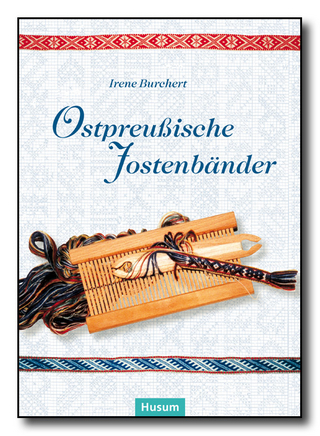
Becoming Human Again
University of California Press (Verlag)
978-0-520-34377-1 (ISBN)
Based on in-depth interviews conducted over the course of fifteen years, the authors take a holistic approach by tracing how victims experienced the horrific events, as well as how they have coped with the aftermath as they struggled to resume their lives. The Rwanda genocide deserves study and documentation not only because of the failure of the Western world to intervene, but also because it raises profound questions about the ways survivors create a new life out of the ashes of all that was destroyed. How do they deal with the all-encompassing traumas of genocide? Is forgiveness possible? And what does the process of rebuilding teach us about genocide, trauma, and human life?
Donald E. Miller is the Leonard K. Firestone Professor of Religion at the University of Southern California and Director of Strategic Initiatives at USC’s Center for Religion and Civic Culture. He is the author, coauthor, or editor of ten books, including Global Pentecostalism: The New Face of Christian Social Engagement and Reinventing American Protestantism: Christianity in the New Millennium. Lorna Touryan Miller is coauthor with Donald Miller of Survivors: An Oral History of the Armenian Genocide and Armenia: Portraits of Survival and Hope. She is former director of the Office for Creative Connections in Pasadena, California. Arpi Misha Miller completed her doctoral dissertation in Sociology at the University of California, Los Angeles, where she focused on the transnational political activism of Salvadoran immigrants in Los Angeles. Currently she is involved in immigrant rights issues in Fort Collins, Colorado.
Preface
Acknowledgments
PART I: The Genocide
1. Encountering the Genocide
2. How Did It Happen?
3. Orphan Memories
4. The Experience of Women
5. Coping after Genocide
PART II: Postgenocide Experiences
6. Trauma as Moral Rupture
7. A Holistic Model of Healing
8. Forgiveness
9. Justice and Reconciliation
10. Becoming Human Again
Appendix I: Methodology
Appendix II: Survey Results on Distress and Resilience
Beth E. Meyerowitz and Lauren C. Ng
Notes
References and Bibliography
Index
| Erscheinungsdatum | 31.12.2019 |
|---|---|
| Co-Autor | Lorna Touryan Miller, Arpi Misha Miller |
| Verlagsort | Berkerley |
| Sprache | englisch |
| Maße | 152 x 229 mm |
| Gewicht | 499 g |
| Themenwelt | Sozialwissenschaften ► Ethnologie ► Volkskunde |
| Sozialwissenschaften ► Soziologie | |
| ISBN-10 | 0-520-34377-8 / 0520343778 |
| ISBN-13 | 978-0-520-34377-1 / 9780520343771 |
| Zustand | Neuware |
| Haben Sie eine Frage zum Produkt? |
aus dem Bereich


